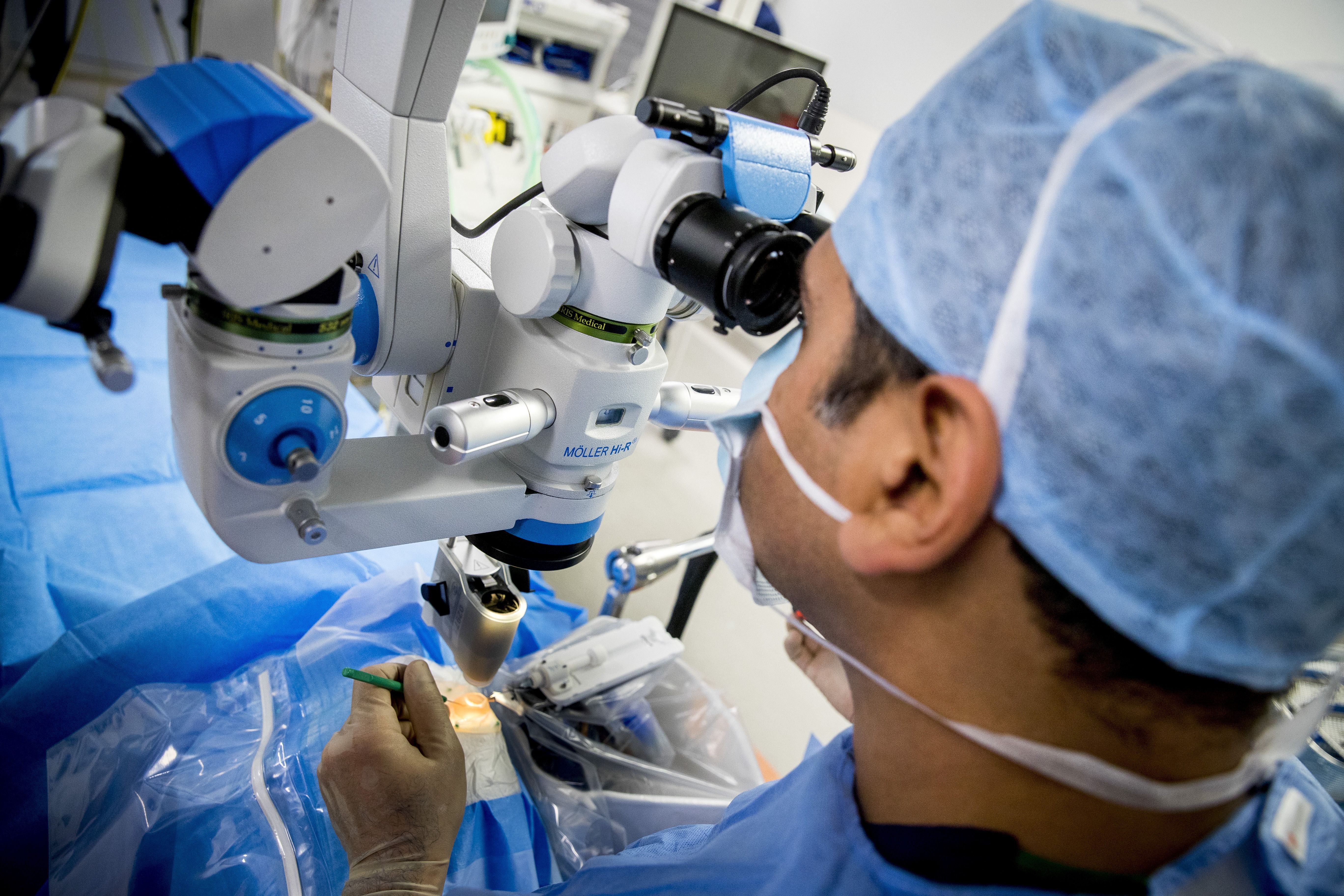UZ Leuven invests in four new surgical robots

UZ Leuven has invested in four new surgical robots, including an innovative single-arm robot designed for minimally invasive procedures through natural openings like the mouth. The hospital announced this on Tuesday.
Robotic surgery was introduced at UZ Leuven in 2007. At that time, the hospital performed 200 interventions with robots. In 2023, this number had already increased to 1,200. Because the demand for robotic operations is increasing, UZ Leuven recently purchased four additional robots. This brings the total to six robots, one of which is used at AZ Diest.
Advantages of robot surgery
The new robots will enable various specialities, including urology, gynaecology, abdominal surgery, cardiac and thoracic surgery, ear, nose, throat, facial, and neck surgery, as well as plastic and reconstructive surgery. "The broad adoption of robotic technology underscores its versatility and effectiveness in enhancing surgical precision and patient outcomes," the hospital stated in its press release.
Robotic-assisted surgery follows the same principles as laparoscopy, utilising small incisions of 5 to 12 millimetres rather than large cuts. This minimally invasive approach enables complex operations with greater precision, resulting in faster patient recovery times. Surgeons control the robotic arms from a console, which provides a highly detailed 3D view of the surgical site and allows for precise movements.
Currently, the most commonly performed robotic procedure at UZ Leuven is radical prostate removal, a procedure now almost exclusively conducted with robotic assistance. Other frequently performed operations include the removal of kidney and bladder tumours, uterine surgeries, obesity-related procedures and surgeries for lung, throat, pancreatic, liver, stomach and intestinal tumours. Cardiac bypass surgeries and abdominal wall reconstructions are also part of the hospital’s robotic repertoire.
High costs
Despite its clinical advantages, robotic surgery comes with significant cost concerns. A robotic procedure can cost between 1,000 and 3,000 euros more than traditional surgery, with prostate removal being the sole robotic intervention currently reimbursed in Belgium. As a result, the hospital bears the higher expenses for most robotic operations.
"Comparative studies on recovery time, success rates, and cost-effectiveness between robotic and traditional surgeries are crucial," the hospital stated. These analyses will help determine the broader economic and clinical value of robotic technology in healthcare.
Among the newly acquired robots is a single-port robot introduced in Europe in January 2024. Unlike traditional robotic systems with four arms requiring multiple entry points, the single-port robot uses one arm, enabling procedures through a small opening. This makes it especially suited for surgeries performed through natural orifices, such as the mouth or anus.
UZ Leuven plans to conduct scientific studies to evaluate the advantages of the single-port robot compared to traditional four-arm systems. "This innovative technology opens new possibilities for minimally invasive surgery and may further reduce recovery times and complications," the hospital noted.
#FlandersNewsService | © PHOTO ANP JERRY LAMPEN
Related news

